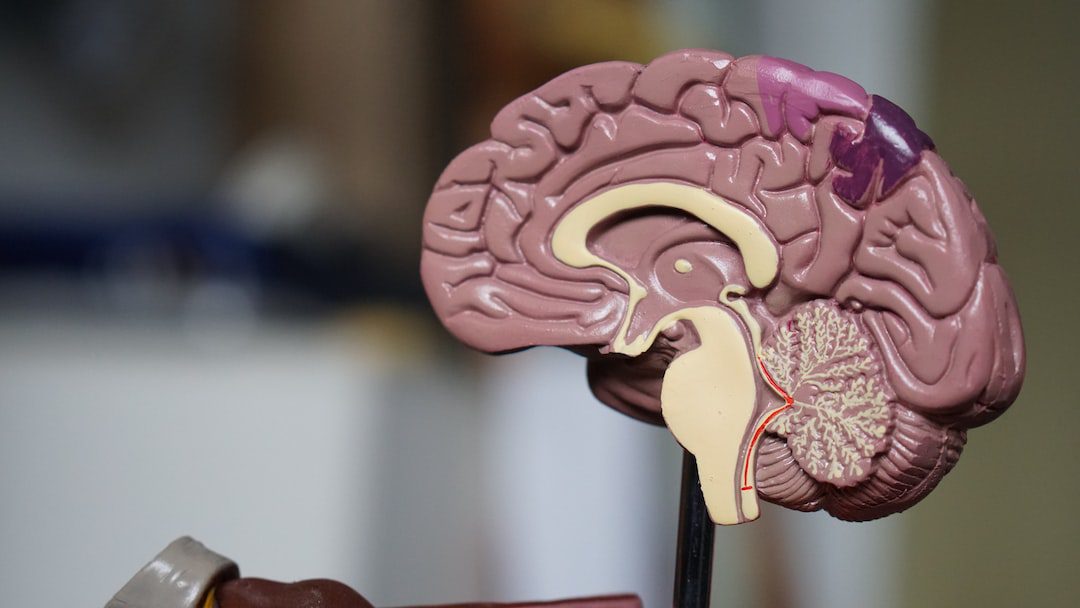In the needs of our youngest minds, we find a compelling narrative of resilience and fragility. The blossoming world of children, a cornucopia of vitality and innocence, has overshadowed an unsettling truth. Underneath their youthful exuberance, there lurks an unseen enemy in the shadows – the escalating pediatric mental health crisis.
Unearthing the Cracks: The Erosion of Childhood Innocence
As our society grapples with extraordinary transformations, children are left grappling with its unfortunate fallout. Overloaded with screens, isolated from peers, and trapped in the throes of global upheaval, the mental wellbeing of our little ones is more at risk than ever before. Their radiant smiles hide the fact that the war against anxiety, depression, and other mental health disorders is no longer the monopoly of adulthood.
Beyond the Veil: Understanding the Pediatric Mental Health Crisis
Interwoven within this crisis are factors that go beyond the observable symptoms. They bypass the cogs of traditional diagnoses, highlighting a socio-cultural context that continues to enshroud mental health in stigmas, misplaced assumptions, and lack of accessibility to care. Let’s take a closer look into some of these core ingredients contributing to the crisis.
Why is the pediatric mental health crisis escalating?
- The unprecedented disruption caused by pandemic: With normal routines disrupted, children have lost their familiar structures, leading to a sense of insecurity and stress.
- Digital overload: The onslaught of the digital world has led to an overdose of information and screen time, compromising on time for outdoor play, personal interactions, and wholesome development.
- Inadequate mental health services: The demand for pediatric mental health services outpaces supply, resulting in long wait times and unmet needs.
Lifting the Fog: Addressing the Pediatric Mental Health Crisis
Knowing what we do about the escalating pediatric mental health crisis, we must now shift our focus towards proactive solutions. One powerful tool is dialogue – breaking the silence by fostering open conversations about mental health. Here are some other measures that can play a significant part in combating this crisis.
What can we do to mitigate the pediatric mental health crisis?
- Prioritize mental wellbeing: Recognize and address signs of mental health issues in children as diligently as physical health problems.
- Encourage holistic development: A balanced mix of academic, physical, creative, and spiritual growth builds resilience in children.
- Improve access to mental health services: Governments and healthcare institutions must invest in enhancing the accessibility and availability of pediatric mental health care.
In Conversation: Frequently Asked Questions
Are some children more susceptible to the mental health crisis than others?
Yes, children from disadvantaged backgrounds, those with prior mental health conditions, and ones who have faced traumatic experiences are more vulnerable.
Is it a parent’s fault if their child is part of this crisis?
No, mental health disorders are complex, and they cannot be blamed on one factor alone.
Are We Missing the Bigger Picture?
The pediatric mental health crisis is a clarion call for society. It’s a chance to reassess our strategies, evaluate our priorities, and recalibrate our compass. Here’s a question for you.
Is our ultimate success measured by the smiles we preserve or the ones we overlook?
Remember, every child’s mental health is a shared responsibility, a collective pledge, and above all, a testimony of our love and concern for our children.

